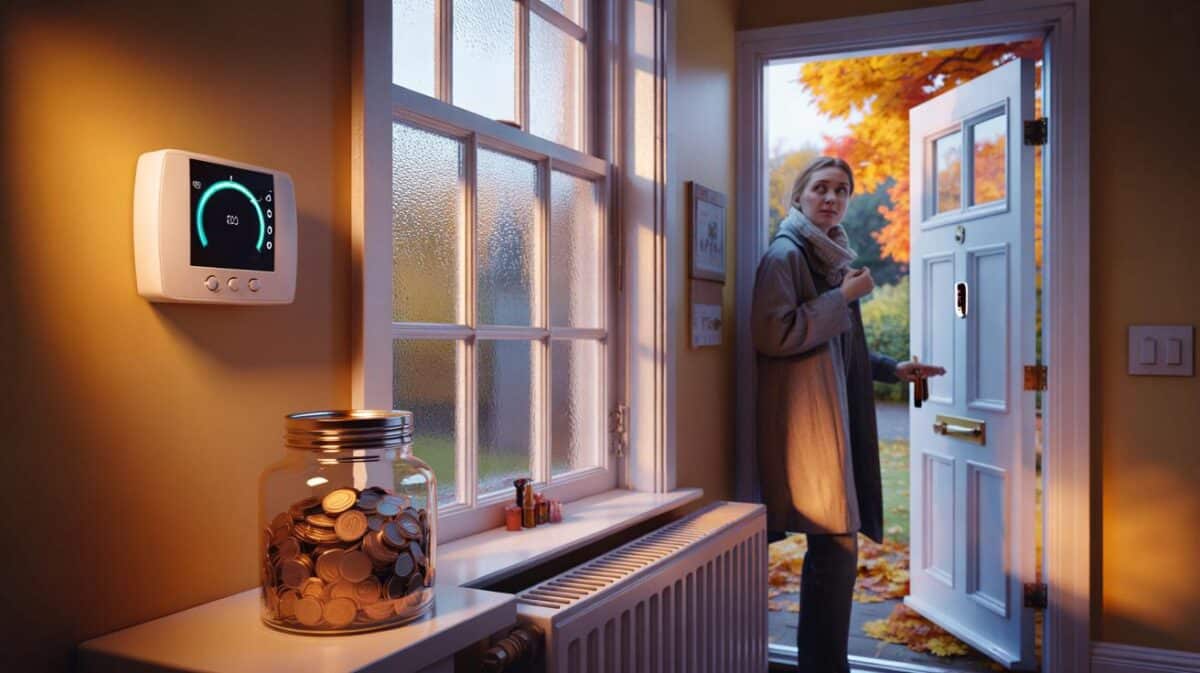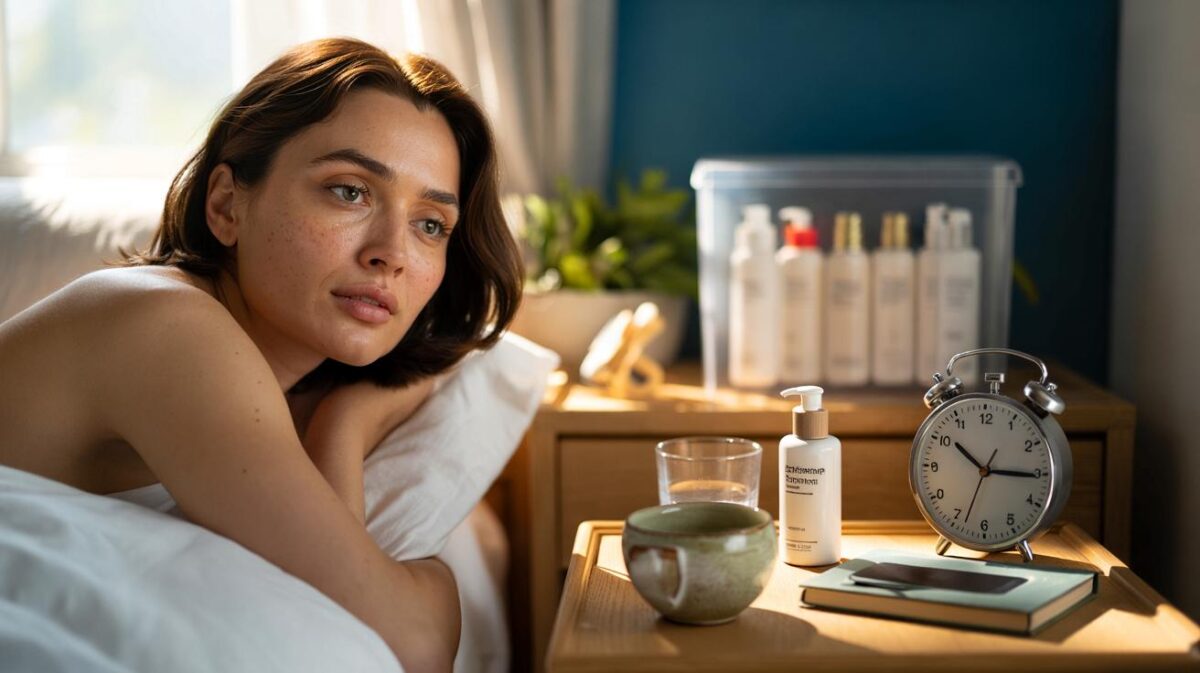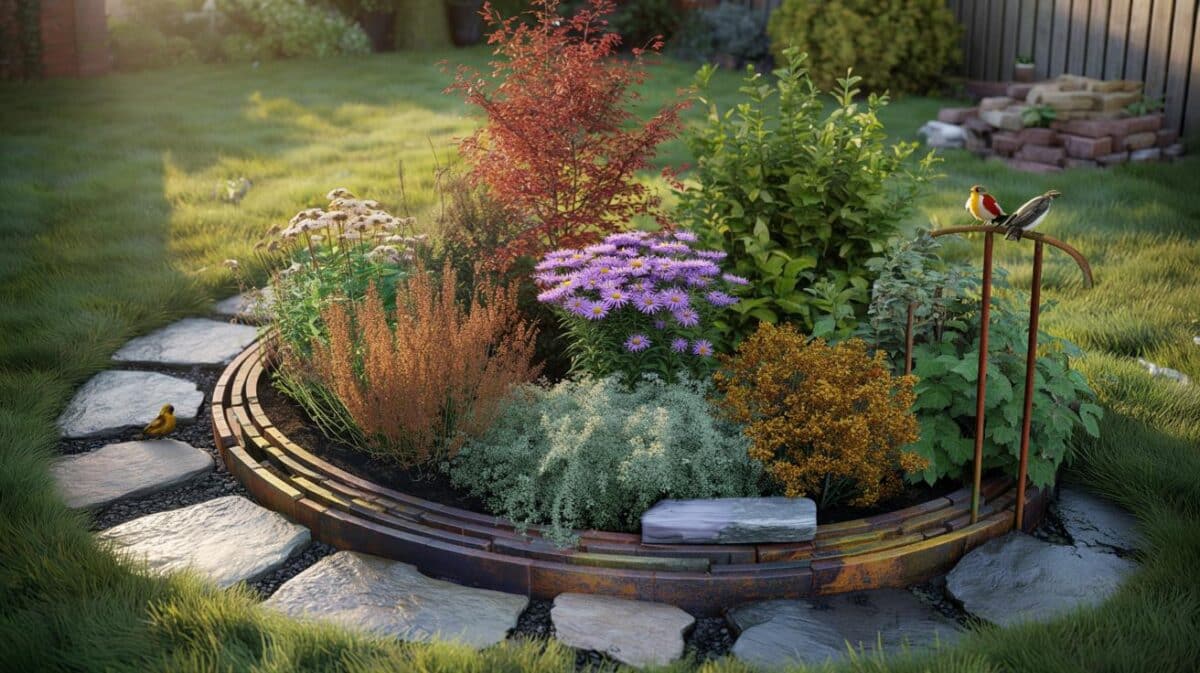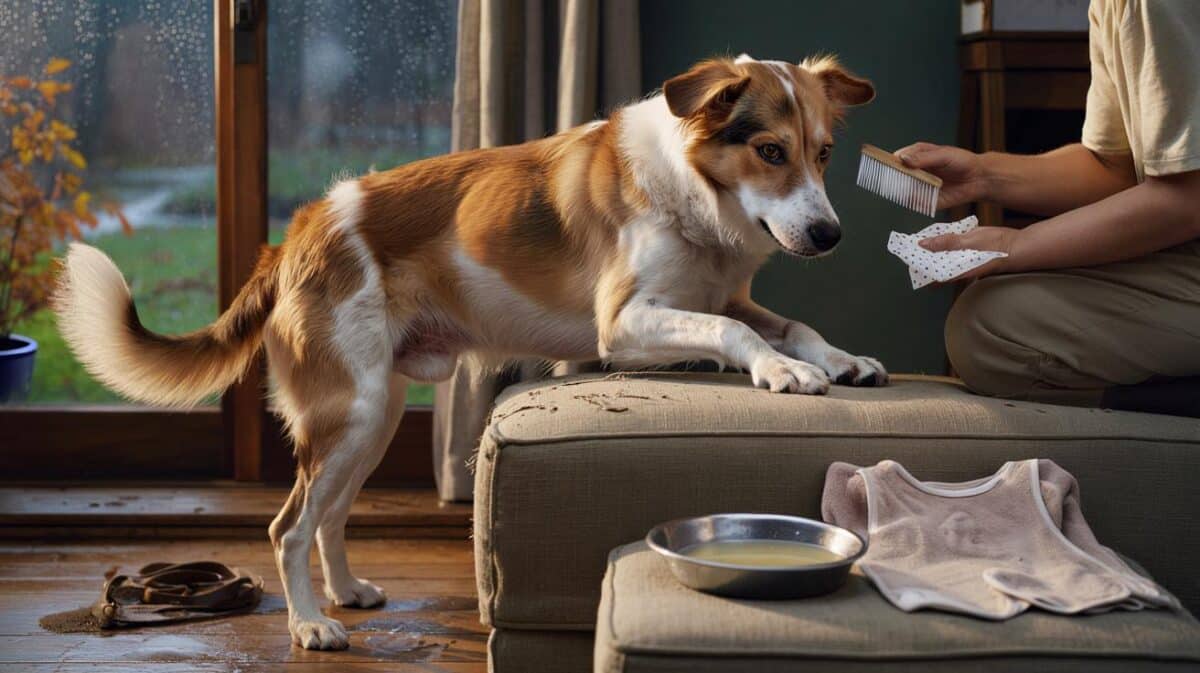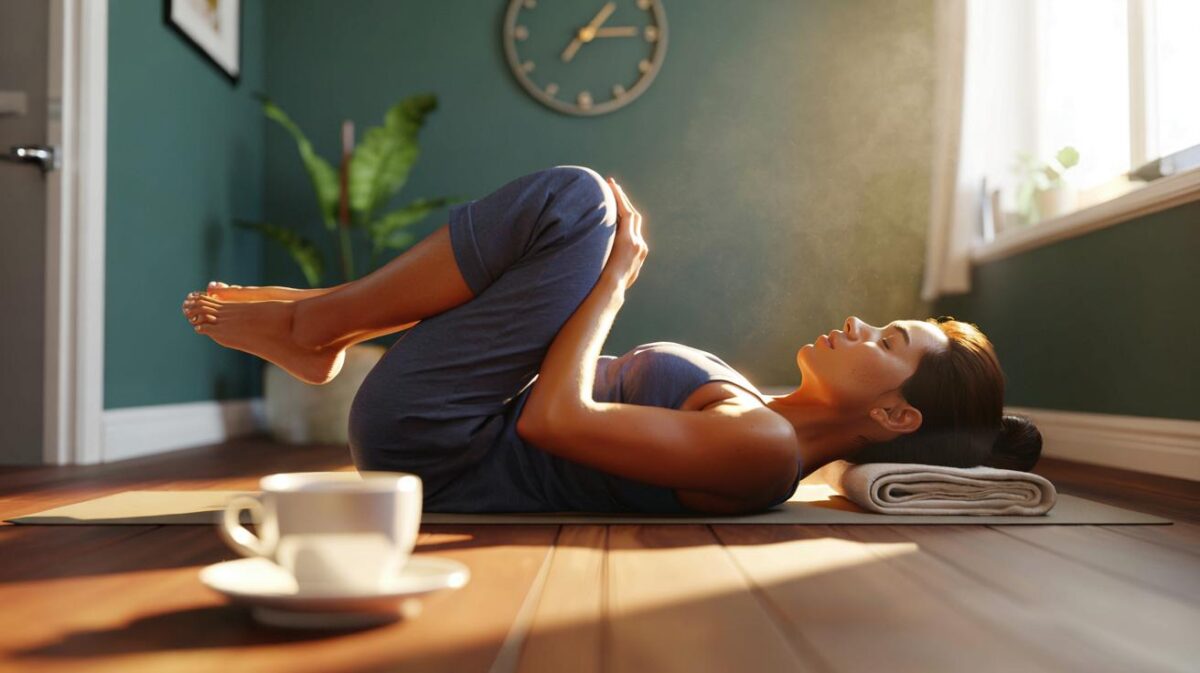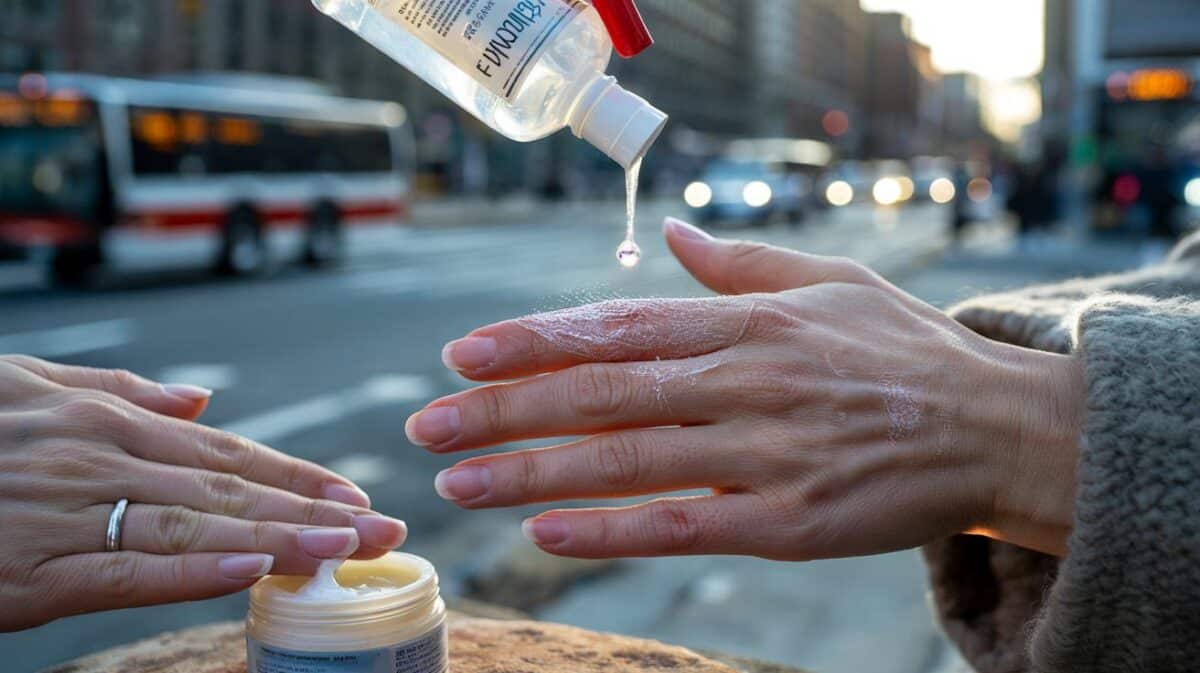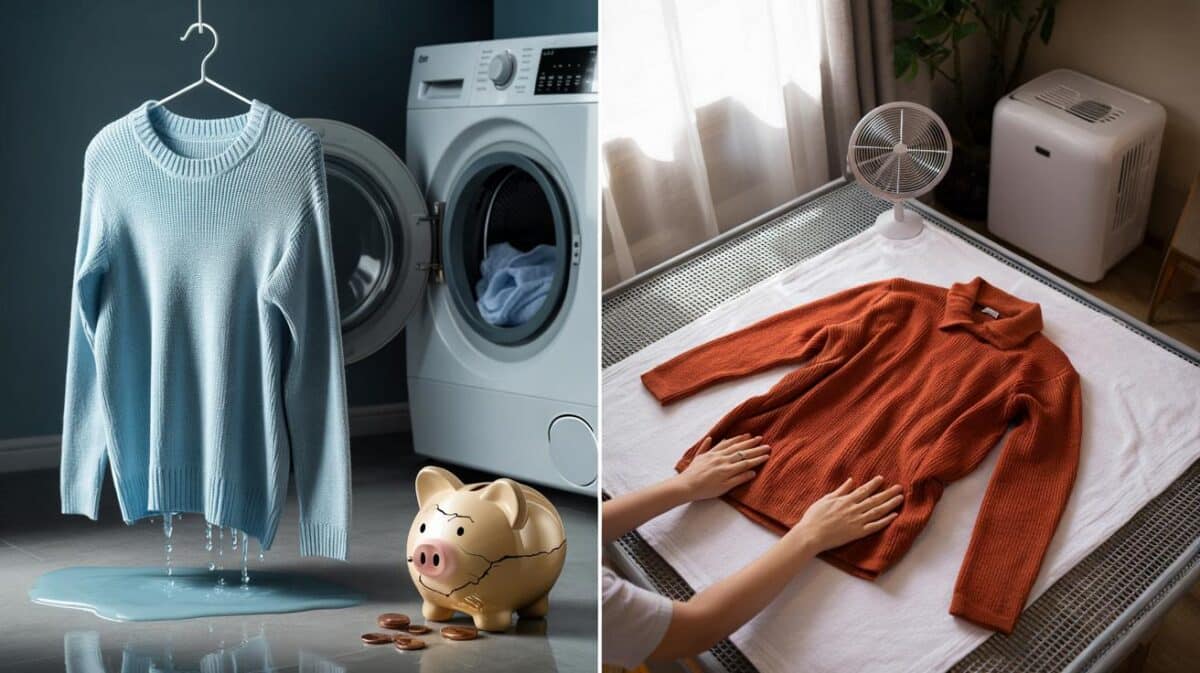Yet comfort, storage and safety choices decide how relaxed you feel.
Owners across the Côte d’Azur face the same question each season: what should stay on site, what should live elsewhere, and how can a lock-up-and-leave flat stay both practical and protected? Here’s a pragmatic plan for Nice that trims clutter, secures valuables and keeps your place guest‑ready without fuss.
Why second homes in Nice need a dual plan
Homes used a few weeks a year need to work hard in two modes: lived-in and idle. Space must flex for visiting family, then shrink to an easy‑to‑clean shell. Security has to deter while you’re away and reassure you when you’re back in London, Paris or Milan.
French data show vacant homes face up to four times the burglary risk of main residences. Tech and routines reduce that exposure dramatically.
Add the rental angle. Short stays in Nice remain competitive, so a well‑organised flat with clear instructions, minimal clutter and reliable kit earns better reviews and fewer headaches.
Space that works when you visit
Choose modular pieces and say no to bulk
Pick a sofa bed that actually sleeps well, not just “in case”. Go for a lift‑up storage bed in the main room. Favour a drop‑leaf table that expands for six, then folds against a wall. Nesting side tables double as nightstands. A wall‑mounted desk frees floor area for suitcases.
Make storage earn every centimetre
Install tall, shallow cupboards in hallways; they swallow beach gear without crowding rooms. Fit drawers under beds for bedding and towels, and label them. Mount hooks high for foldable bikes or paddles. Use clear, lidded crates so guests find things fast. Keep worktops bare with one rail and a couple of magnetic strips for daily kitchen tools.
- Set a “one in, one out” rule for linens and cookware to keep cupboards at 70% capacity.
- Aim to leave 20% of floor area clear; it improves airflow and cuts cleaning time.
- Choose pale, wipeable finishes; they bounce light and hide sand better than gloss black.
Off‑site storage that frees square metres
Many Nice‑based second homes drown in rarely used kit: winter duvets, bulky parasols, spare crockery and sports gear. Moving this stock to a nearby unit lifts pressure on small wardrobes and keeps the flat guest‑ready year‑round. Most facilities offer flexible contracts, seven‑day access and monitored entry.
| Option | Typical size | Approx. monthly cost | Best for | Trade‑off |
|---|---|---|---|---|
| Self‑storage unit | 2–4 m² | €50–€140 | Seasonal gear, spare furniture, archive boxes | Requires short drive; plan access times |
| Shared locker | 1–2 m² | €30–€70 | Valuables you don’t want on site | Less flexible for oversized items |
| Managed concierge storage | By item | €5–€20 per item | Suitcases, golf clubs, small appliances | Per‑item pricing can add up |
Shifting 5–8 bulky items off‑site typically frees a full wardrobe and up to 3 m² of living space in a T1/T2.
Photograph each box’s contents and keep a simple inventory on your phone. That prevents duplicate purchases and speeds up packing before each trip south.
Security that deters and alerts
Smart alarms and cameras you can control remotely
Choose a hub‑based alarm with door/window contacts and a motion sensor in the main room. Add a discreet indoor camera aimed at entry points, not beds. Most kits cost €250–€600 upfront, with optional monitoring from €15–€30 a month. Set geofencing so the system arms itself when you leave.
Fit vibration sensors to shutters or terrace doors. A siren and instant push alert stop an attempt early. Share temporary access with a cleaner through the app, then revoke it after each visit.
Shutters, lighting and lived‑in signals
Motorised roller shutters on a basic timer simulate presence safely. Layer this with smart bulbs on varying scenes in the evening. Use a smart plug for a radio at low volume at dusk on select days. Ask a neighbour or concierge to rotate post and move a terrace chair weekly.
A predictable routine invites trouble. Vary light schedules and shutter timings by at least 20 minutes each day.
Check your insurer’s conditions for second homes in Provence‑Alpes‑Côte d’Azur. Many grant discounts for certified alarms, reinforced doors and shutters with anti‑lift devices.
Keep clutter at bay between seasons
Adopt a rotation calendar. Summer lives in the flat from May to September; winter gear moves to storage by mid‑October. Use vacuum bags for duvets. Keep only two full sets of bedding on site and a third set in storage. Label boxes by room and season to shorten changeovers.
Create a “guest basket” with spare keys, instructions, appliance manuals and Wi‑Fi details. Store personal documents and high‑value keepsakes in a separate lock box or off‑site.
Letting legally and safely
Short‑term lets can offset charges if your building rules allow them. Register the property with the city if required and display the registration number in adverts. Check your copropriété’s bylaws on short stays, noise and key safes. Inform your insurer that the home is a secondary residence and clarify cover during paid stays.
- Use a smart lock or coded key box with rotating codes for each booking.
- Provide clear house rules in French and English, including terrace hours and waste sorting.
- Install a discreet decibel monitor to flag parties without recording audio.
- Keep personal items in sealed crates off‑site during guest periods.
Homes that feel easy to use earn better reviews: labelled storage, simple appliances, and fool‑proof check‑in beat décor alone.
A pre‑departure checklist you can stick to the fridge
- Empty perishables, run the dishwasher, and leave the door ajar.
- Shut the water at the stop valve; drain the washing machine hose.
- Set the thermostat to frost protection or 16°C.
- Arm the alarm; test one sensor monthly.
- Program shutters and lights on staggered timers.
- Photograph meter readings and send them to yourself.
- Store valuables and personal papers off‑site or in a locked trunk.
- Message a neighbour or caretaker with your next return date.
Budget snapshot for a lean, safe year
Plan for three lines: off‑site storage (€30–€140 per month depending on size), smart security (roughly €250–€600 once, then €0–€30 per month), and a small annual refresh fund (€150–€300 for linens, seals, bulbs and filters). If you rent ten weeks a year, one high season week in Nice often covers most of these running costs.
Two extras that raise comfort and returns
Thermal and sound sealing: a brush strip on the front door, silicone seals on terrace sliders and a fabric baffle under the water heater improve sleep and cut energy bills. The parts cost little and installation takes an hour.
Data beats guesswork: keep a simple log of call‑outs, cleaning times and guest questions. After two or three trips, patterns emerge. Replace the item guests always ask about, move the thing they never touch to storage, and simplify any process that takes more than three steps. The flat becomes easier to run, your stress falls, and you reclaim those precious days in the sun.

